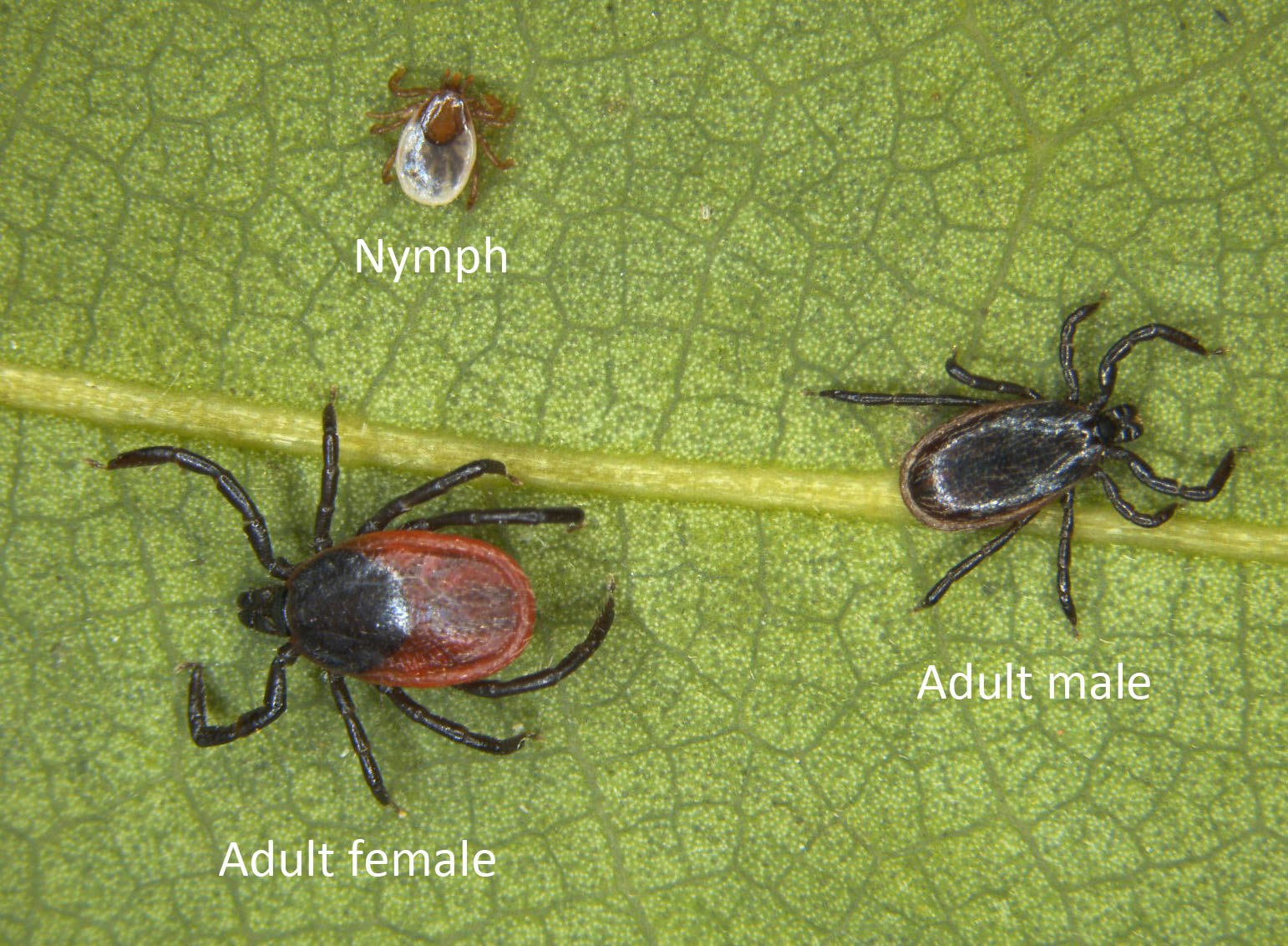Tick bite prevention begins with you!
Although different species and life stages come out at different times of the year, in Marin and Sonoma counties, ticks can be found year-round. We often say that November 1st is the start of the adult season for the western black-legged tick, which usually corresponds with the first rain of the season. The nymphs of this species (Ixodes pacificus) start to emerge more in the spring. However, it is possible to find both adults and nymphs of Ixodes pacificus all year round! This species of tick can transmit the bacterium that causes Lyme disease.

We are often asked whether it is going to be a big year for ticks. Unfortunately, we don’t have the data to be able to say whether there are more ticks out one year compared to another. It’s important to remember that tick populations vary significantly from year to year. You may see a lot of ticks one year, and then virtually none the next. Regardless of the number of ticks in an area, it is imperative to take preventative measures against ticks.
Personal protection measures to be taken prior to, during, and after being in tick habitat include:
- Wear light-colored clothing with long sleeves and long pants.
- Clothing and equipment can be pre-treated with a permethrin product to kill ticks. Always follow the label instructions when using permethrin – it should NOT be applied to your skin.
- Apply an EPA-registered repellent that is effective against ticks, such as DEET (at least 20% concentration), picaridin, IR3535, oil of lemon eucalyptus (OLE), or para-menthane-diol (PMD). Always follow label directions.
- Tumble dry clothes in a dryer on high heat for 10 minutes to kill ticks after you come indoors.
- Shower after being in tick habitat to detect ticks.
- Remove ticks promptly by using tweezers to grasp the head of the tick as close to the skin as possible, then pull straight out.
- Contact your physician if you have concerns or become ill after being bitten by a tick.
To learn more about ticks and tick bite prevention visit our website:
